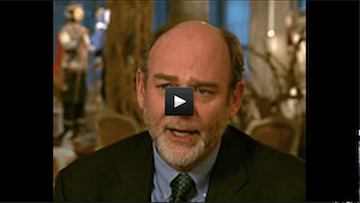The rise of National Socialism and Hitler in post-WWI Germany has become for many the trump-card against non-violent approaches to resolving conflict. The man and the regime were so evil, the argument goes, and so resistant to reason and persuasion, that only a countervailing violence could have brought the evil to a halt and saved untold millions more lives.
(This conclusion is, of course, an example of the power of the myth of redemptive violence, illuminated forcefully in a 2006 essay by Walter Wink.)
Steve Thorngate, in an aside in a recent blog entry on Theolog, points us to a brief essay by Jørgen Johansen exploring the abundant opportunities that existed in the first three decades of the twentieth century to challenge and undermine the Nazis using non-violent means, and points out some of the successes that were achieved in this way.
Johansen identifies four factors that contributed to the rise of Hitler: The humiliation of Germany reflected in the Treaty of Versailles, the economic crises of the 1920s and 1930s, a prevailing racist ideology, and the “Culture of Prussian Obedience” that prevailed in the period. He explores how approaches different from those taken by the international community could have blunted or redirected the forces that National Socialism tapped.
He then points out some of the effective non-violent methods that were used within Germany and Axis countries by the resistance movements, noting that broader support of these movements from the Allies and neutral nations could have undermined the Nazi regime.
With Reinhold Niebuhr, a self-confessed “realist” in international relations, providing theological and moral foundations for much of the Obama administration’s foreign policy, it is good to be reminded that non-violent approaches are not only idealistic, they’re also profoundly realistic.
